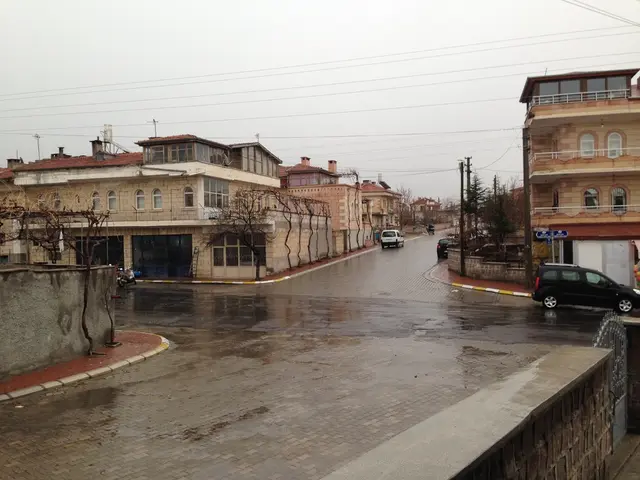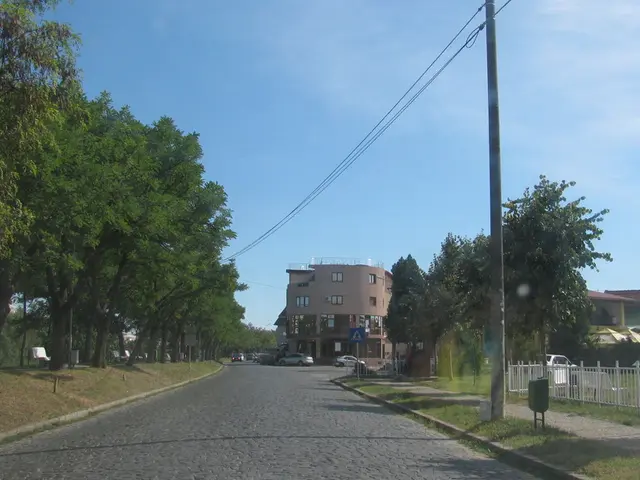EU Unifies Air Quality Rules, Germany Enforces with Local Cooperation
The European Union has implemented uniform rules for air quality assessment and monitoring, based on the 2008/50/EC Directive on Air Quality and Clean Air for Europe. This directive sets binding standards for measuring and managing air pollution across member states.
If pollutant levels exceed set limits or targets, local authorities must devise air purification plans. In Germany, local environmental protection authorities, often supported by district governments, are responsible for this task. For instance, the city of Oberhausen and the Bezirksregierung Düsseldorf work together to manage air quality.
The directive specifies where and how often measurements should be taken, with a focus on areas of high human exposure. Mandatory measurements are required in urban areas with over 250,000 inhabitants and regions nearing limit values. Annual reports on air quality assessments are sent to the EU Commission based on these measurements.
The directive has been implemented into German law as the 39th Ordinance on the Federal Immission Control Act. It establishes legal provisions for various substances, including limit and target values, ensuring consistent air quality management across the EU.
Read also:
- HLC Approves ₹4,645.60 Crore for Flood Recovery and Wetland Rejuvenation in Nine States
- Ethiopia's Grand Dam: 15,000 Lives Lost, Water Concerns Unresolved
- Two farmers in Zambia take legal action against two firms with Chinese connections, alleging an ecological disaster caused by their operations.
- Deepening EU-India relations despite apprehensions regarding Moscow connections







